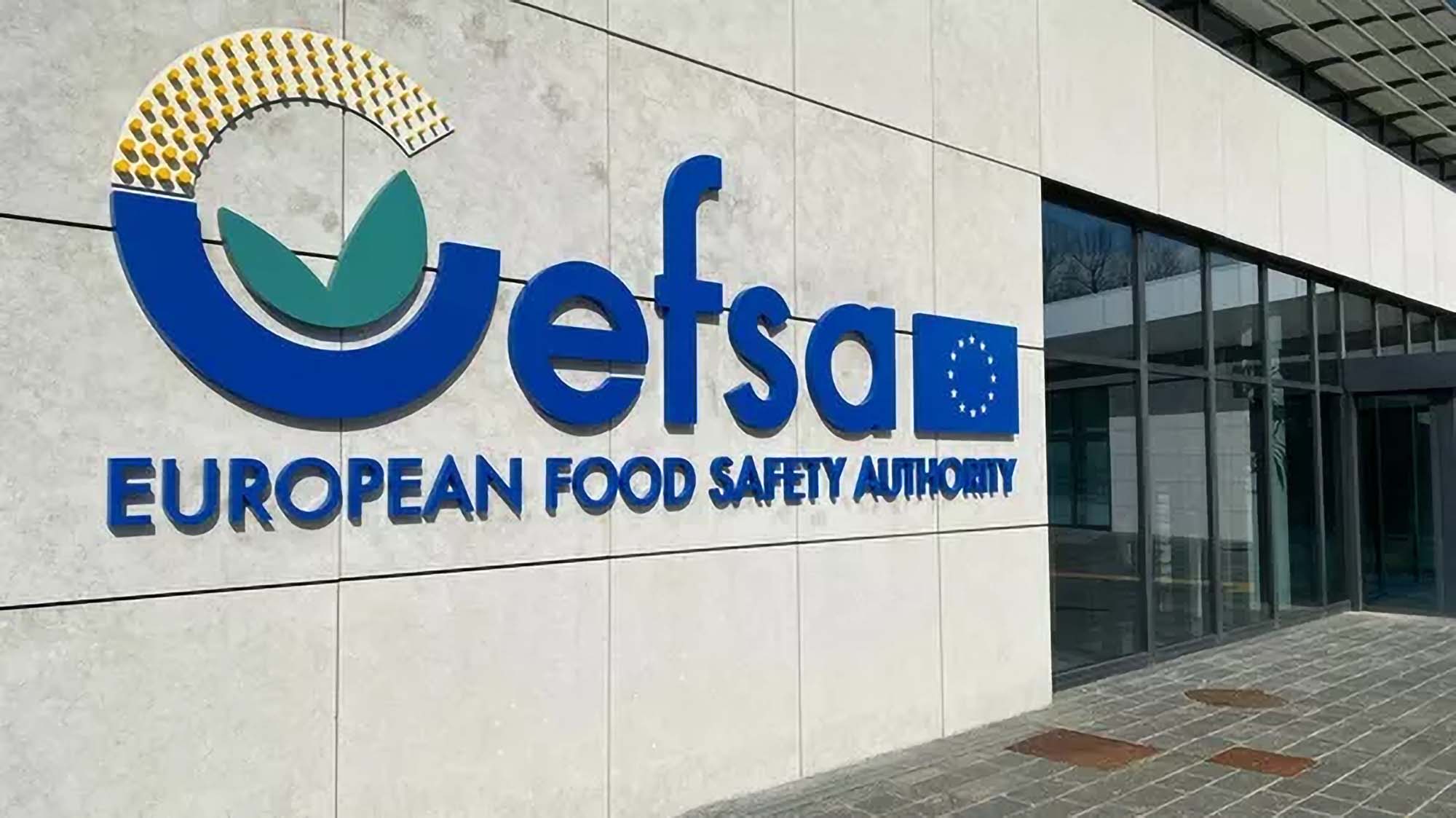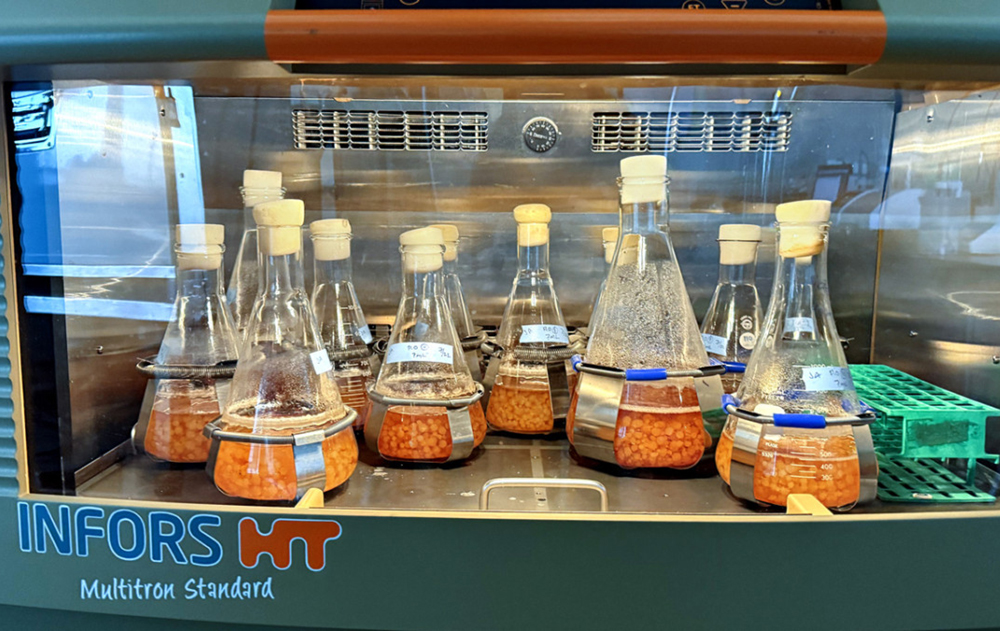

EFSA sets out major updates to novel food application process for 2025 and 2026
The European Food Safety Authority confirmed a series of procedural changes that will reshape how companies submit and manage applications for novel foods and other non pesticide regulated products. The updates, which will roll out in two phases across late 2025 and early 2026, were designed to make assessments more transparent and to improve communication between EFSA and applicants throughout the scientific review process.
Beginning 27 November 2025, EFSA will introduce new pre publication notification steps for scientific outputs. Under the updated process, applicants will receive a notification within 11 working days after the adoption of a scientific output. This will be followed by a four working day window in the EFSA Scientific Federated Cloud platform in which applicants can add comments. EFSA will then provide a 48 hour notice period before publishing the final scientific output in the EFSA Journal. The agency said this sequence was intended to provide clearer visibility into the timing of adopted opinions and to reduce uncertainty in the final stages of publication.
More extensive procedural changes will take effect on 1 January 2026. A new deadline monitoring system will be introduced for requests for information and additional data requests. Applicants will receive automatic reminders one week before a deadline, one week after a missed deadline, and again 15 working days after the missed deadline. EFSA stated that this automated schedule would help applicants stay informed and allow the agency to manage timelines more consistently.
EFSA also confirmed that repeated non response to information requests would trigger the conclusion of an application. If three reminders for a request for information go unanswered, an application may be declared non valid. When this occurs during the risk assessment phase, EFSA will restart the clock and the scientific panel will finalize its opinion based on the data already available.
The revised rules will also limit the number of deadline extensions available to applicants. EFSA will allow a maximum of two extensions per request for information or additional data request. A third extension may be granted only in circumstances beyond the applicant’s control. The agency clarified that these provisions will not apply to health claim applications.
To improve efficiency in data handling, EFSA said it would aim to conduct completeness checks of additional data within 15 working days of receipt. If an applicant’s reply to an additional data request is found to be incomplete, EFSA will issue a follow up request, with clarifications assessed within five working days. This step was added to reduce delays caused by partial or unclear submissions.
The agency also addressed how it will treat spontaneous submissions that applicants send outside of formal requests. These will be considered based on the time remaining for EFSA to deliver its opinion, the volume of information submitted, and the relevance of the data. However, spontaneous submissions will not be assessed if received fewer than 10 working days before a plenary meeting, except when safety concerns require immediate attention.
EFSA said updated guidance documents supporting all procedural changes will be published on 27 November 2025. The agency described the revisions as part of a broader effort to enhance predictability and transparency in assessments for novel foods and other regulated products at a time when regulatory clarity remains a critical factor for companies preparing market entry.
If you have any questions or would like to get in touch with us, please email info@futureofproteinproduction.com

.png)






